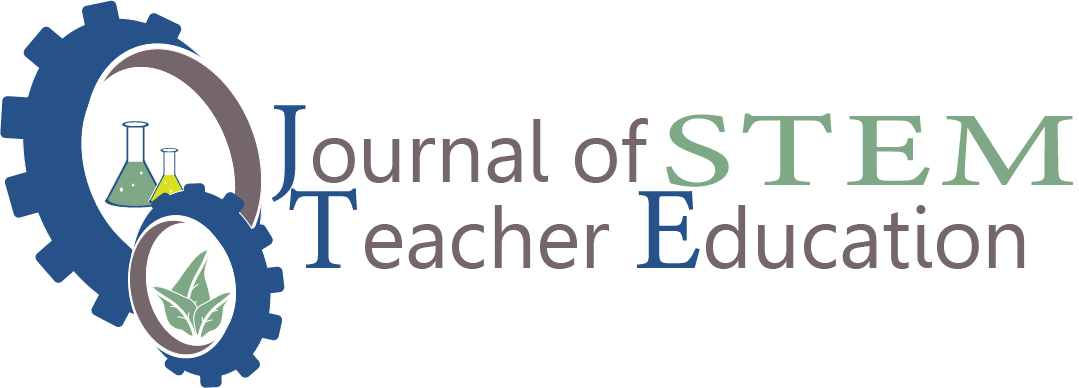
Abstract
Assumptions that students and instructors have about their personal epistemologies have important effects on their expectations and performance in career and technical classrooms and laboratories. Personal epistemologies of career and technical education students influence their behaviors in classes and their interactions with instructors. The conceptual analysis of this research was based on three major theoretical frameworks of personal epistemology: qualitative developmental stages, quantitative belief systems, and practitioner epistemological resources. Seven models of personal epistemologies were compared, and a consolidated conceptual framework is presented to career and technical educators. This new conceptual matrix is intended to provide a roadmap for better understanding theoretical frameworks of personal epistemologies, and give career and technical education educators insights for further research and implications for practice.
Recommended Citation
Urman, Linda and Roth, Gene L.
(2010)
"Comparison and Consolidation of Models of Personal Epistemologies,"
Journal of STEM Teacher Education: Vol. 47:
Iss.
3, Article 4.
Available at:
https://ir.library.illinoisstate.edu/jste/vol47/iss3/4

